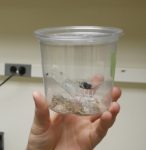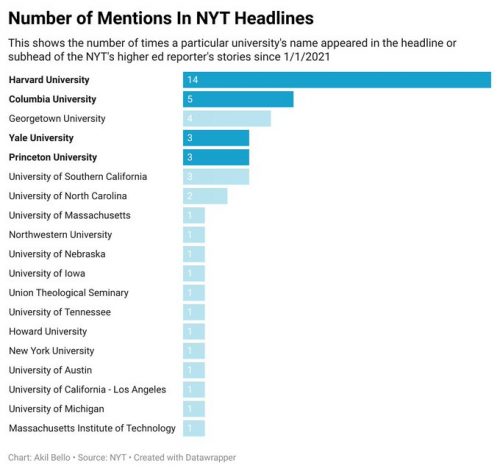When science is being faked in the published literature, that is a big problem. You’d think the gatekeepers would want to do something about it.
In a new report now being made public by Retraction Watch, Artemisia draws attention to four main groups centered on Ali Nazari, Mostafa Jalal, a postdoc at Texas A&M University, Ehsan Mohseni of the University of Newcastle in Australia, and Alireza Najigivi of Sharif University of Technology in Tehran. The whistleblower lists a total of 287 potentially compromised papers in the 42-page report.
Two hundred eighty seven papers with dodgy data, all churned out by these interlinked lab groups! That’s nuts. It’s practically a criminal enterprise. Part of the problem is at the university level, where the number of papers, without concern for their content, is the metric for promotion. But it’s also a problem with the proliferation of poorly managed journals, where the sole concern is volume and collecting those publication fees.
The guilty person at the journal level here is Guido Schmitz, at the University of Stuttgart, who is the editor of the International Journal of Materials Research, where this crap is published. He had an astonishing response when the bad papers in his journal were reported to him.
I can assure that I do not like fraud in scientific results and I will do my best to prevent them. But on the other hand, I hate anonymous accusations. So it would be my pleasure to follow up this matter after you have discovered your personality to me and send contact data under which I can reach you.
Wait wait wait. Because the person reporting the problem to him, “Artemisia”, is an anonymous whistleblower, he refuses to do anything? That makes no sense. If they had a Nobel prize attached to their name, would he jump up and take care of the problem immediately? Not knowing who they are is reason enough to ignore a credible complaint? This is not how it’s supposed to work. Any action taken would not be on the basis of the say-so of the person reporting it — his fucking job is to evaluate the evidence given and act appropriately.
He has been handed documentation that shows these papers contain falsified images, and he chooses to sit on his hands and not do anything because he doesn’t see a named authority behind the complaint. It’s rank credentialism. He’s also snooty and dismissive.
I will not take any action based on an anonymous accusation. As soon as you discover your clear name, contact address and your personal motivation in this issue, I will consider the appropriate and required means.
That doesn’t matter. If Bozo the Clown hands you evidence that figures were faked and data manipulated, you do due diligence and look at the work and verify the concerns, and then you take action, based on the evidence, not your perception of the authority of the complainant. If you don’t, why were you appointed to be editor of this journal?











